A predator control specialist in Wyoming plays a vital role in maintaining the delicate balance between wildlife and agricultural interests. Wyoming, known for its wide-open spaces, diverse landscapes, and large rural communities, faces unique challenges when it comes to managing predator populations. These specialists are integral to maintaining the health of livestock, the safety of communities, and the overall harmony of the ecosystem.
But what exactly does a predator control specialist do, and why are they so crucial in Wyoming? Let’s explore.
1. Protecting Livestock from Predation
One of the primary duties of a predator control specialist is to protect livestock from predators such as coyotes, wolves, mountain lions, and bears. Wyoming’s economy, particularly in rural areas, relies heavily on livestock farming and ranching. Predators pose a significant threat to livestock, especially during birthing seasons when newborns are particularly vulnerable.
The specialist’s job is to mitigate this risk by carefully managing predator populations and ensuring that predators do not cause harm to livestock. This often involves setting traps, using non-lethal methods like guard animals (dogs or llamas), and even deploying the use of deterrent devices like fladry (a rope with flags designed to scare off predators). By keeping predators at bay, they help ensure the safety and well-being of ranchers’ livelihoods.
2. Managing Wildlife Populations
Predator control specialists are also tasked with managing wildlife populations in Wyoming. This involves monitoring species such as coyotes, wolves, and mountain lions, all of which play a complex role in the state’s ecosystems. While these animals are natural predators, their populations can sometimes grow to unsustainable levels, especially in areas with a high concentration of prey species.
Specialists evaluate the size of predator populations and work with state and federal wildlife agencies to determine the best course of action. This could involve targeted removal or relocation of animals, as well as monitoring animal behaviors and movements through GPS tracking and field observation.
In some cases, specialist roles also include helping protect endangered species that could be at risk from predators. For instance, the declining populations of native bird species, like the sage grouse, can be impacted by predator activity. The work of a predator control specialist can involve reducing predation pressures to give these vulnerable populations a chance to thrive.
3. Community Education and Advocacy
A key responsibility of a predator control specialist is educating the local community on how to coexist with wildlife. Over the course of 25 years, specialists in Wyoming have become a valuable resource for ranchers, farmers, and residents who might be concerned about the increasing presence of predators near their homes and businesses.
They often lead workshops and consultations, offering guidance on how to protect livestock, crops, and pets through preventive measures. These experts provide advice on fencing, guarding animals, and minimizing attractants (such as food waste or carcasses) that might draw predators closer to human settlements. They are also involved in educating the public about the ecological importance of predators and the role they play in controlling smaller prey populations, thus helping maintain a balanced ecosystem.
4. Collaboration with Government Agencies and Conservationists
For a predator control specialist, working in close partnership with government agencies, conservationists, and wildlife organizations is essential. In Wyoming, many predators like wolves and grizzly bears are protected under state and federal laws, which adds complexity to the role of predator control specialists.
Specialists must navigate these regulations while still ensuring the safety of livestock and maintaining ecological integrity. This includes working with agencies like the Wyoming Game and Fish Department and the U.S. Fish and Wildlife Service to ensure their efforts align with conservation goals and legal standards.
Collaborating with biologists and wildlife researchers, specialists contribute to ongoing studies on predator behavior, population dynamics, and interactions with other wildlife species. This research is critical in shaping policies that balance the needs of agriculture with the preservation of Wyoming’s natural heritage.
5. Adapting to Changing Environmental and Social Factors
Over the past 25 years, predator control has evolved significantly, influenced by changes in both the environment and societal attitudes toward wildlife management. Climate change, urban expansion, and shifts in prey populations can all affect the behavior and movement of predators, requiring specialists to continually adapt their strategies.
Additionally, there has been a growing public awareness of wildlife conservation, with increasing calls for non-lethal methods of predator control. As a result, predator control specialists in Wyoming have had to become more skilled in using a variety of tools and techniques that align with modern approaches to wildlife management. This includes using technologies like camera traps and GPS collars, as well as focusing on strategies that minimize harm to the environment while still addressing the needs of the community.
Conclusion: 25 Years of Service and Impact
For a predator control specialist in Wyoming, 25 years of service means more than just keeping predators at bay. It involves a deep understanding of the delicate balance between human activity and wildlife conservation. Through their work, these specialists contribute to the preservation of Wyoming’s agricultural industry, protect the livelihoods of ranchers, and ensure the long-term health of the state’s ecosystems.
Their role has evolved over the years, adapting to changing environments and public attitudes, but their core mission remains the same: to strike a balance that benefits both humans and wildlife. For ranchers, farmers, and wildlife lovers alike, predator control specialists are unsung heroes working tirelessly to protect the lands, animals, and communities that call Wyoming home.
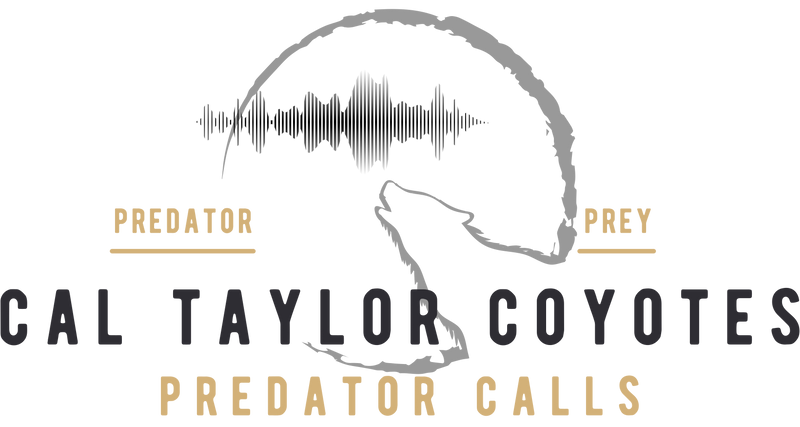
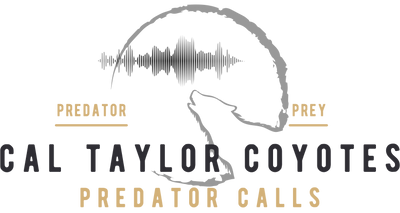
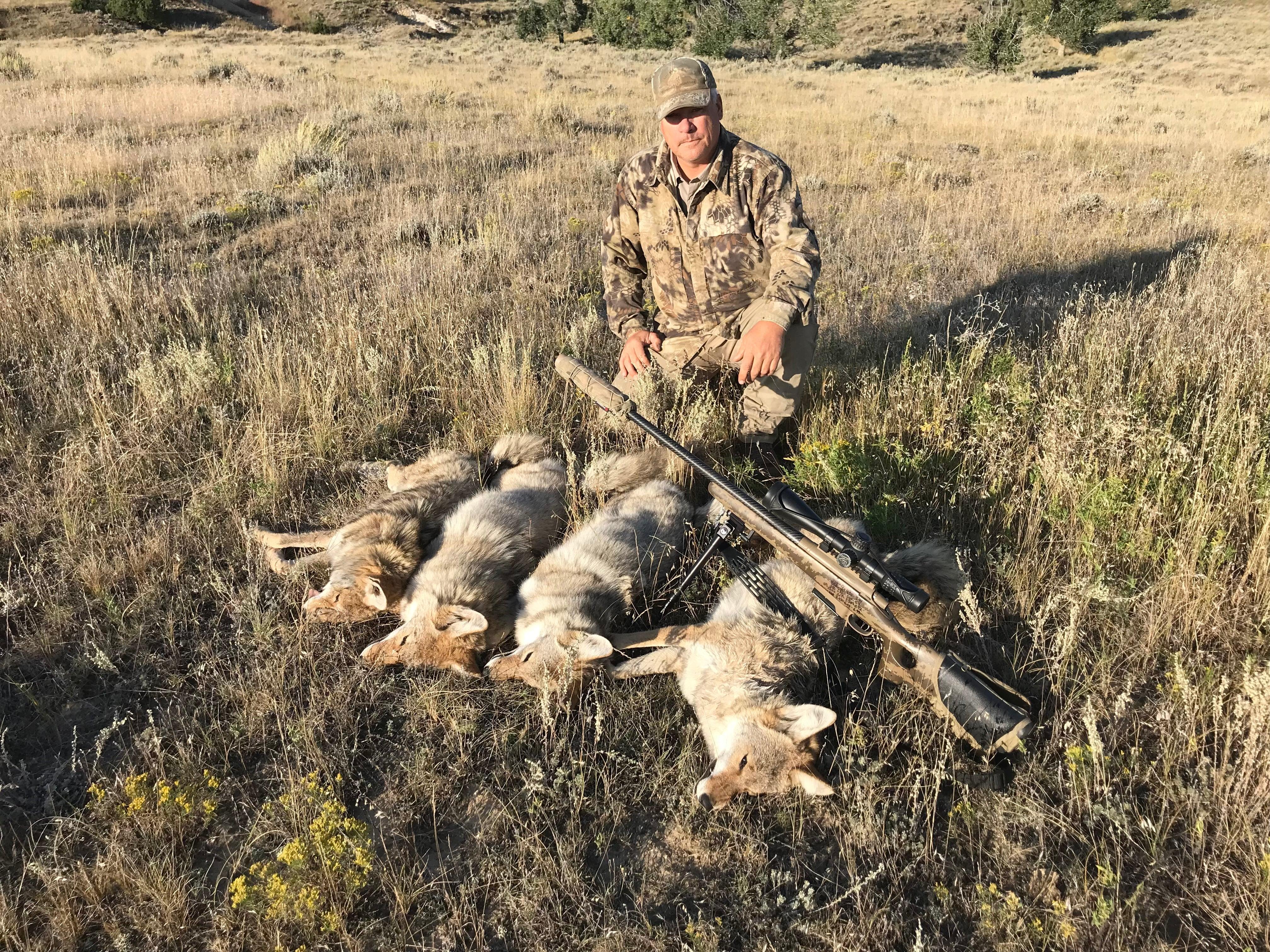


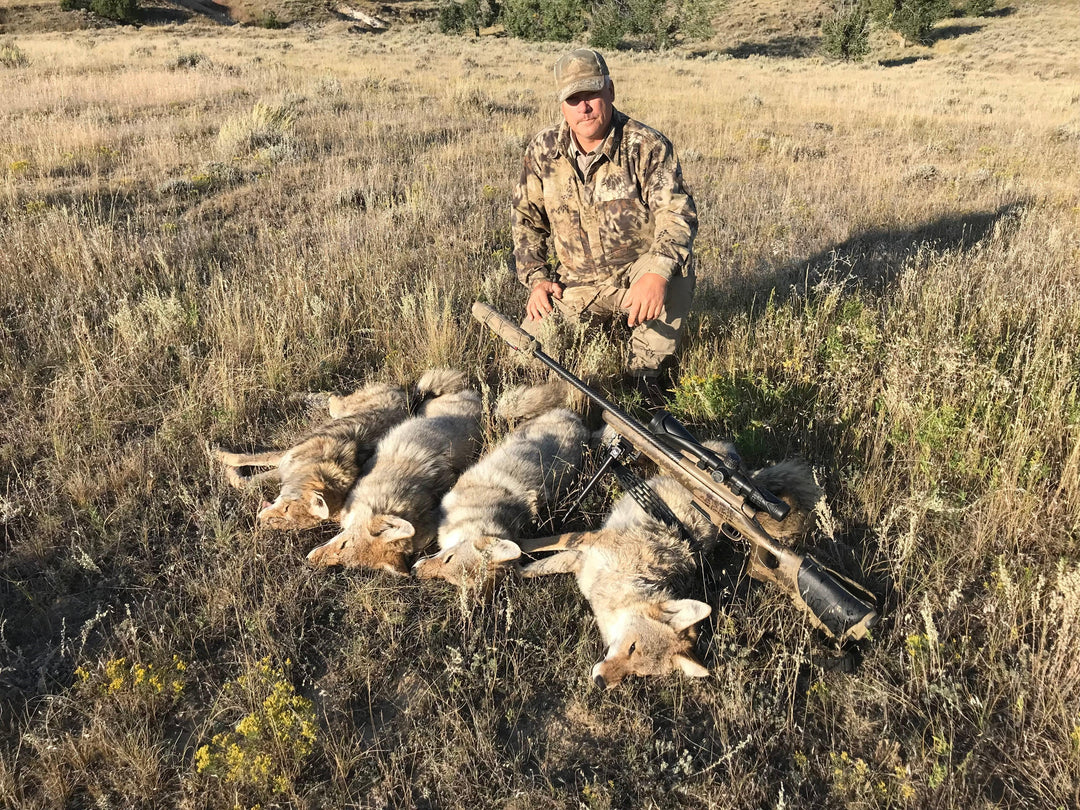
Leave a comment